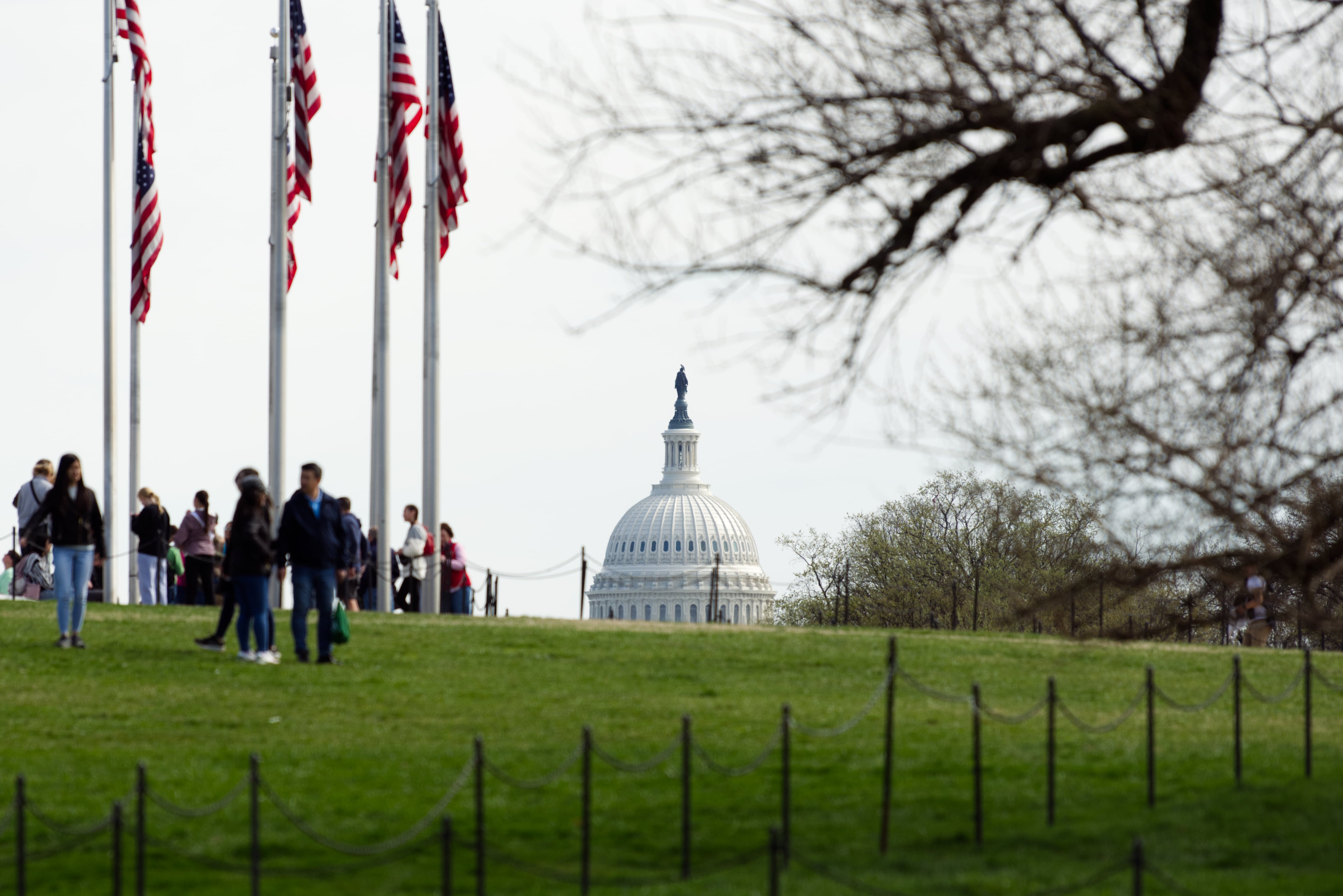Of the nearly 400 congressional membership organizations — better known as caucuses — on Capitol Hill working to impact public policies that affect everything from peanut farming to college football, how many have the primary goal of making the federal government more efficient? One.
The bipartisan Government Efficiency Caucus has a pragmatic and important focus: bringing together members of Congress and the private and public sectors to break down the barriers to more effective federal government projects and programs.
Co-chaired by Reps. Jackie Walorski, R-Ind., and Gerry Connolly, D-Va., the 40 member-and-counting caucus is an important forum in the House of Representatives for promoting common sense solutions that have proven successful in both government and private sector. With so many government services delivered through projects and programs, this focus helps to ensure a high-performing government that Americans can rely on.
“With billions of taxpayer dollars wasted each year on inefficient federal programs, we need to find innovative solutions to avoid costly overruns,” Walorski said. “As co-chair of the Government Efficiency Caucus, I’m working with my colleagues on both sides of the aisle to reduce wasteful spending and inefficiency throughout federal agencies. The American people deserve accountability so our tax dollars aren’t misused.”

Research confirms the caucus’ efforts to drive policy change that improves government efficiency is urgent. Findings from Project Management Institute’s 2018 “Pulse of the Profession” global survey reinforces that sound project management practices lead to greater success for organizations. While organizations globally still waste $99 million for every $1 billion invested due to poor project performance, PMI finds that high-performing organizations waste 21-times less money than under-performing counterparts. This can be a “game changer” for the federal government in an era of sequestration, continuing resolutions and debt-ceiling uncertainty.
That’s why the caucus sponsored the Program Management Improvement and Accountability Act (PMIAA), landmark project and program management reform that was signed into law in late 2016. Once fully implemented by the Office of Management and Budget and the Office of Personnel Management later this year, PMIAA will make critical improvements to the foundation of federal project and program management policy. It will also equip the government to better address the budget overruns, scope creep, schedule slippage, and workforce-capacity challenges that have plagued some government programs for many years, as evident on the Government Accountability Office High Risk List.
“We must ensure a modern government that smoothly, efficiently and reliably serves the American public. The Program Management Improvement and Accountability Act is a great example that cooperation and compromise can still produce meaningful results in Congress,” said Connolly.

Recently, the caucus co-chairs sponsored a provision in the National Defense Authorization Act for Fiscal Year 2018 requiring a GAO analysis on key attributes the Department of Defense can improve upon to bolster its acquisition process and manage its programs more effectively.
The caucus also works to advance the program management workforce. Strong project and program management professionals are essential to federal government agencies being able to deliver on their respective missions. These knowledgeable, skilled stewards of taxpayer funds better equip agencies to undertake large and complex initiatives, provide new programs and services and enhance ongoing programs in today’s rapidly changing environment.
As Congress tackles the many challenges facing our country this year, the continued leadership of Walorski, Connolly, and all caucus members will empower federal project and program managers to accomplish what every organization, public or private, aims for: to make ideas a reality.
“PMI is pleased the Government Efficiency Caucus appreciates the urgent need to improve the government’s ability to effectively manage its portfolio of projects and programs,” said PMI President and Chief Executive Officer Mark A. Langley.
“We are proud to support the caucus’ efforts to ensure that strong professional project and program managers are able to generate more successful outcomes and increase the value that all Americans receive for their tax dollars.”
Tommy Goodwin is a government relations manager for the Project Management Institute, where he works with policymakers to improve government efficiency and effectiveness through better project, program and portfolio management. Prior to joining PMI, he spent 15 years leading government relations efforts, issue campaigns and advocacy strategy work for several leading corporations and associations in Washington, D.C., and beyond.





